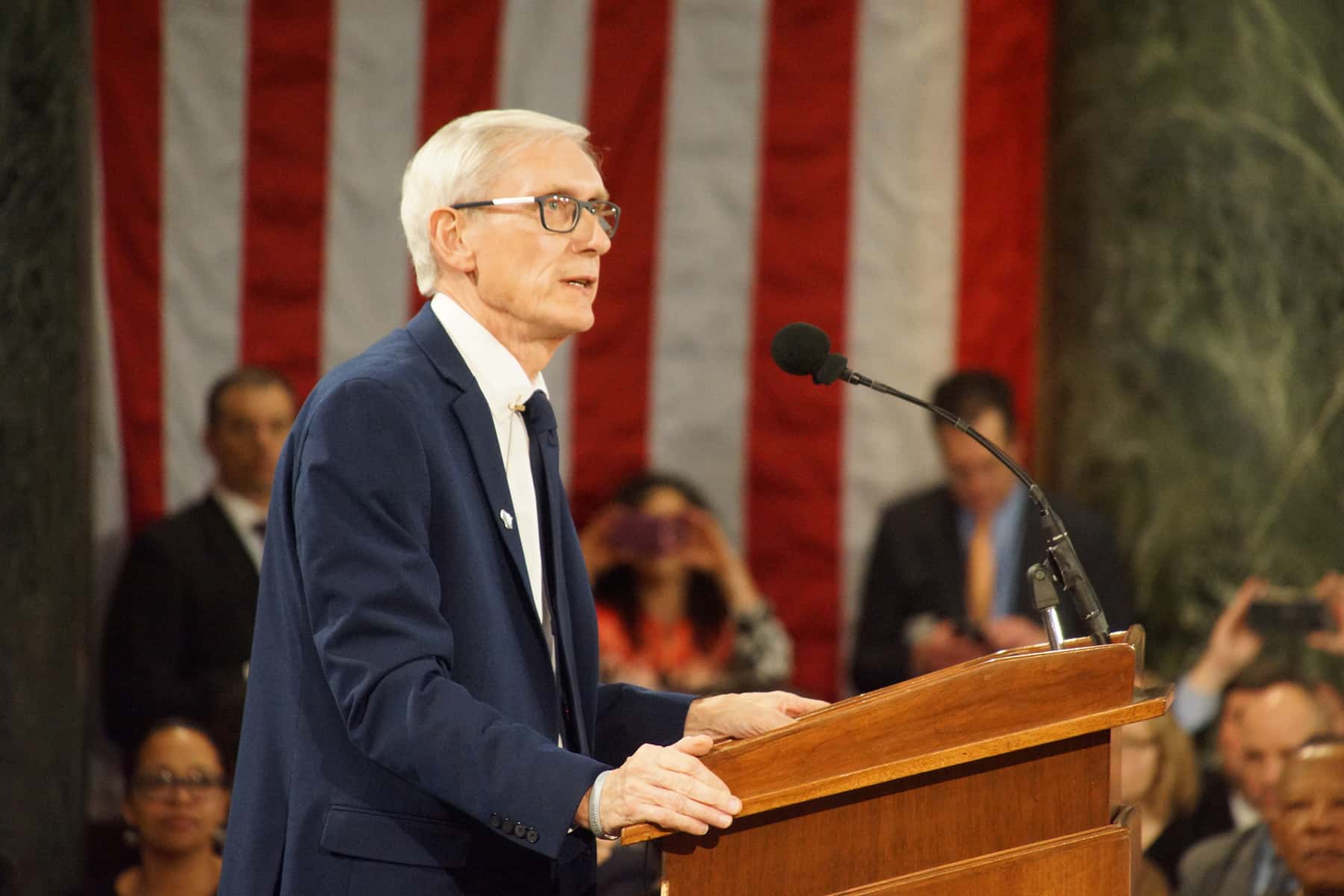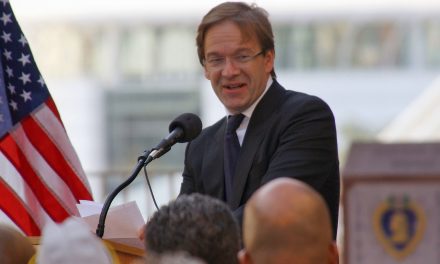
Governor Tony Evers recently requested the creation of a committee on entrepreneurship and innovation at the Wisconsin Economic Development Corporation.
Wisconsin currently lags in small business creation, which is where most family-supporting jobs are created. Governor Evers knows that we must invest in and support small businesses, local companies, and entrepreneurship to create middle-class jobs and grow the economy.
“Entrepreneurial traits like diversity, creativity, and resilience are critical components of success in our constantly-evolving global economy,” Governor Evers said. “In order for Wisconsin’s economy to thrive, we must foster a culture that supports entrepreneurship and innovation. Today’s announcement that WEDC will make entrepreneurship and innovation a priority is a great first step towards ensuring that entrepreneurs and Main Street businesses benefit from economic development funding.”
Lame-duck legislation passed just before Governor Evers took office gave lawmakers control of WEDC until September, but Maley said the formation of this committee does not require legislative approval.
The new committee will complement WEDC’s existing programs that provide an array of resources to entrepreneurs, including support for startup accelerators, seed capital funds, microgrants, investment tax credits and technology development loans. In addition, WEDC supports and engages an existing statewide network of partners that offers business training, mentorship and financing to aspiring entrepreneurs.
“Providing support and resources to Wisconsin’s entrepreneurs is vital to helping new businesses grow and thrive in our state, and I appreciate that Governor Evers is focusing on this important issue,” said Mark R. Hogan, secretary and CEO of WEDC. “WEDC looks forward to developing this new committee that will represent the state’s entrepreneurship community as well as working with that group to develop new and innovative ways to enhance our increasingly vibrant entrepreneurial ecosystem.”
The WEDC’s entrepreneurship and innovation direct assistance programs awarded $17.8 million in total funding in 2017, down from $23.2 million in 2016, which was mainly driven by a drop in Qualified New Business Venture certifications issued to companies.
© Photo
Lee Matz














